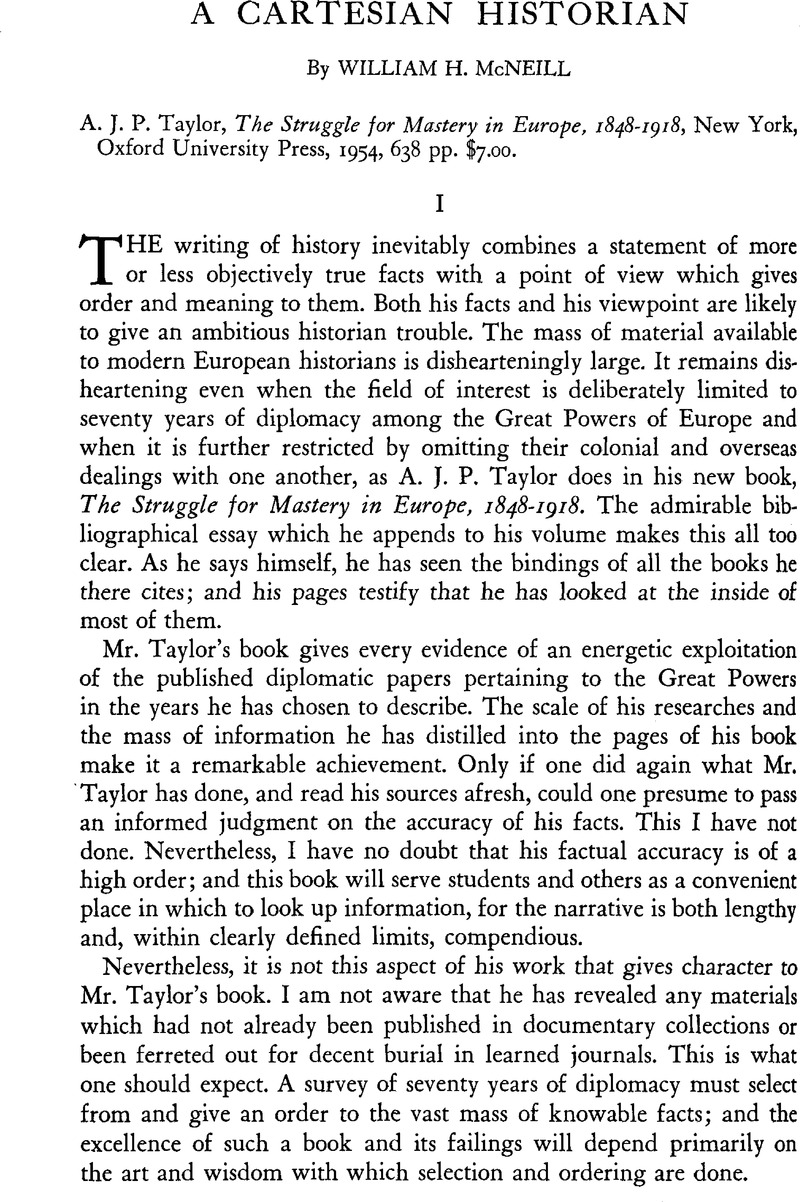No CrossRef data available.
Published online by Cambridge University Press: 18 July 2011

3 Bodde, Derk, China's First Unifier, Leiden, 1938, pp. 1–2.Google Scholar
4 Some sociologists might object to this formulation, since they regard a built-in set of expectations as an essential part of any institution. Unless we know what to expect from other people, there can be no regularity and predictability in human behavior, they assert. Granting this point, I still think that people may change their ideas before they change the structure of their institutions, as well of course as afterward. Thus there were many changes in ideas and expectations before the collapse of the ancien réime in the French and Russian revolutions. Hence the two are separable, not only theoretically but also empirically.
5 Toynbee, Arnold J., A Study of History, abridgment by Somervell, D. C., New York, 1947, pp. 190, 336–49.Google Scholar
6 Sorokin, P. A., Social and Cultural Dynamics, New York, 1937, III, pp. 196–208.Google Scholar See also pp. 185–96 for a more general analysis of political centralization.